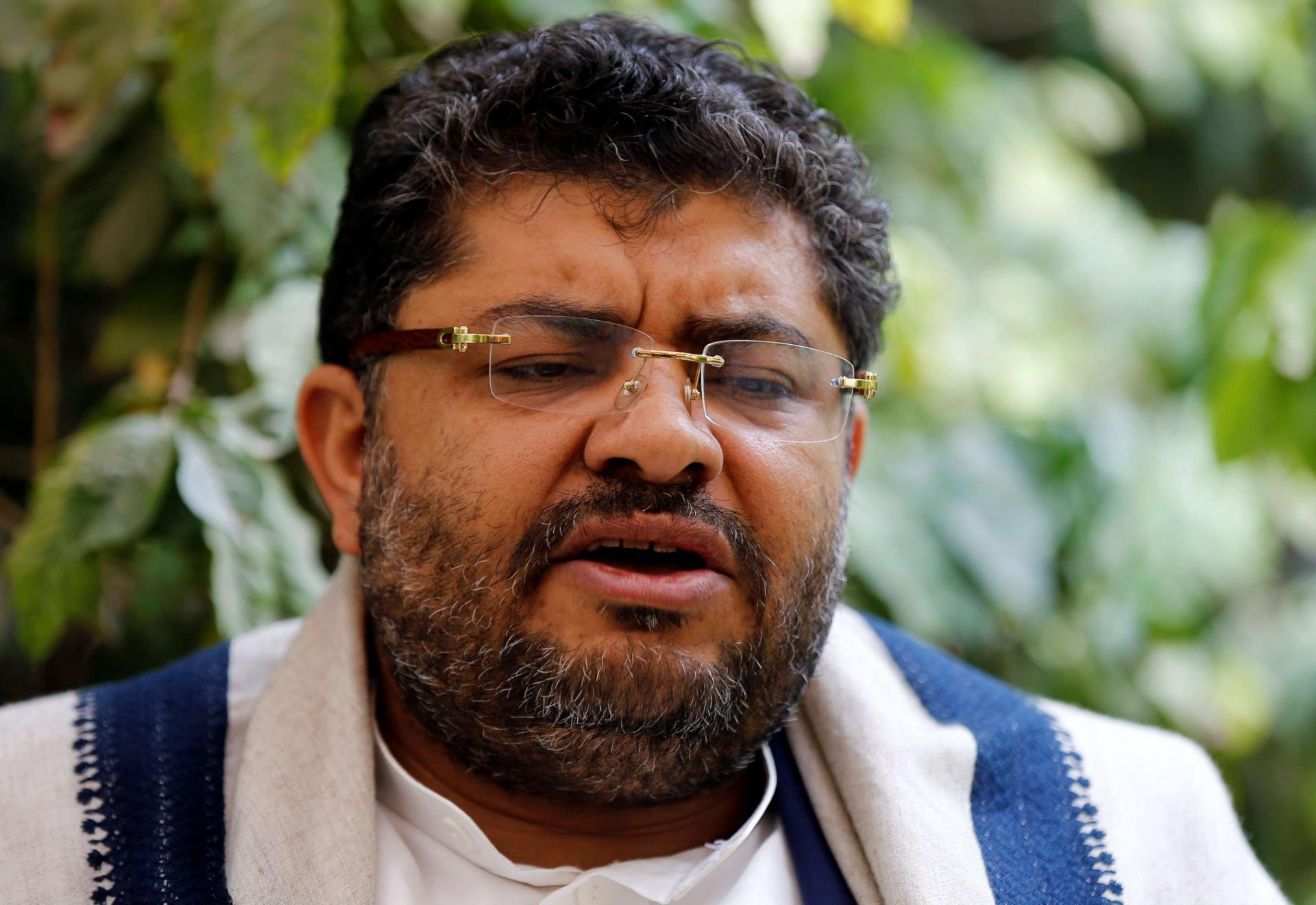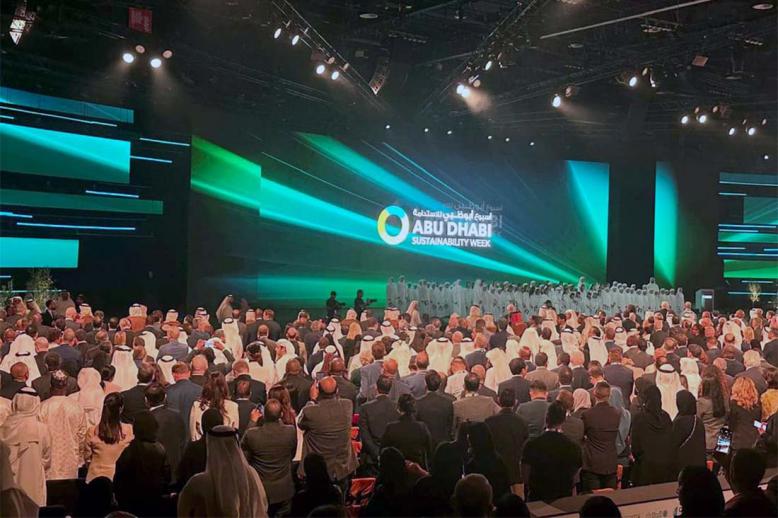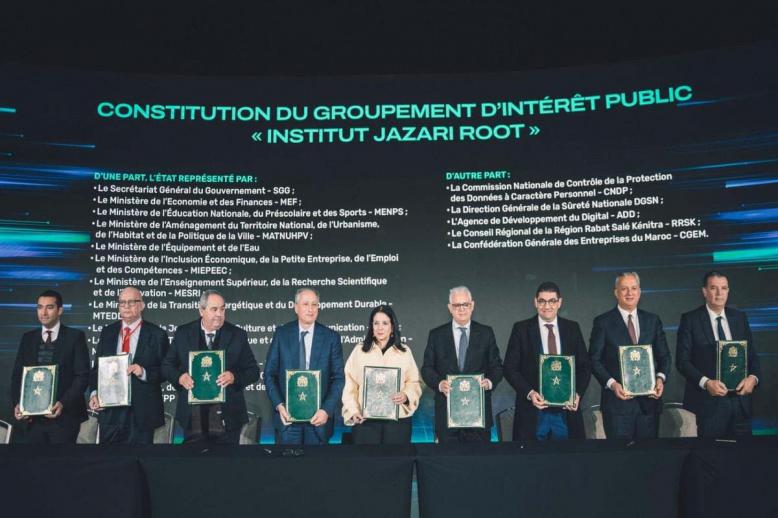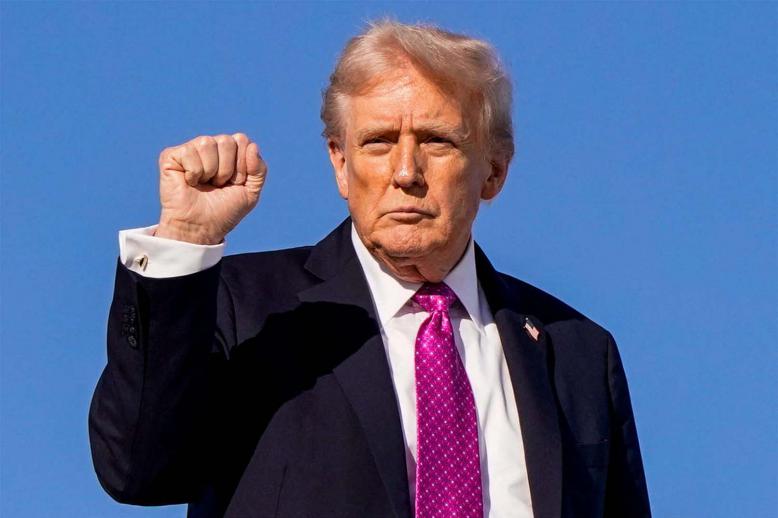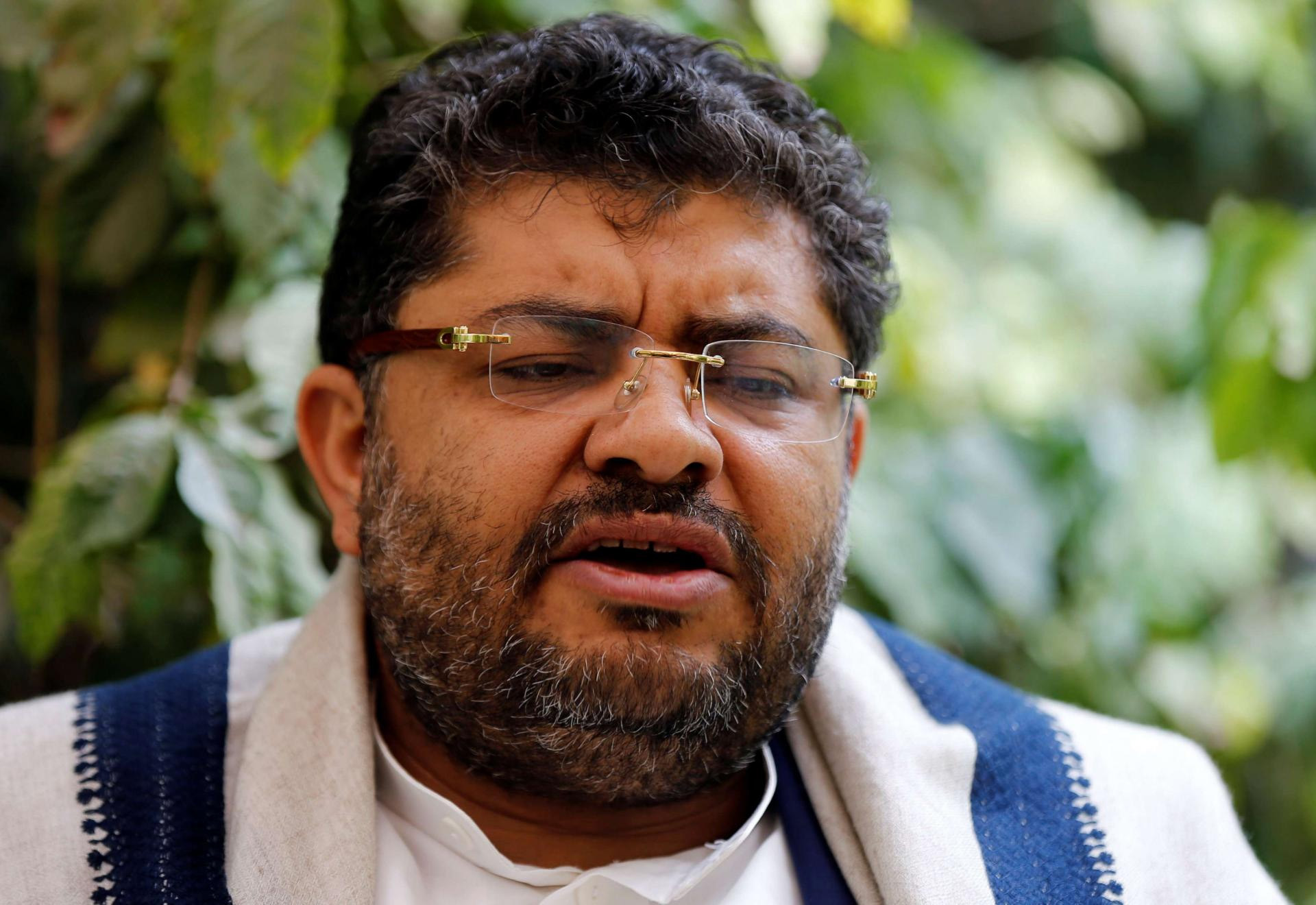Top Huthi rebel calls for halt to attacks on Saudi Arabia
SANAA - A high-ranking Huthi official has called for rebels to stop firing rockets and using attack drones in the conflict in Yemen, as a UN envoy prepares to travel to the country to prepare peace talks.
Mohammed Ali al-Huthi, head of the Higher Revolutionary Committee and an influential political figure, tweeted that his group wants "all official Yemeni parties" to demand a ceasefire.
"We announce an initiative to call all official Yemeni parties to ask to end launching rockets and drones against aggression countries... in order to deprive them for any reason to continue their aggression and siege, along a readiness to freeze and stop all military operations on all fronts in order to reach peace," he wrote.
His comments come after UN special envoy Martin Griffiths said on Friday that he plans to travel to rebel-held Sanaa in the coming week to finalise arrangements for peace talks to take place in Sweden soon.
Griffiths - whose efforts at kick-starting peace talks collapsed in September - said both the Saudi-backed government and the Huthi rebels have shown a "renewed commitment" to work on a political solution and have given "firm assurances" that they will attend the talks. No date has yet been set.
Ali al-Huthi said his call for an end to missile and drone attacks was aimed at "supporting the efforts of the (UN) envoy and proving our good intentions", adding that the move comes after "our contact with the UN enjoy and his request to stop launching missiles and drones".
Thousands of people have died in the bloody conflict, and fighting intensified last week after clashes escalated in the Red Sea city of Hodeidah, whose port serves as an entry point for nearly all of the country's commercial imports and humanitarian aid.
The rebels seized the capital Sanaa and Hodeidah in 2014, prompting Saudi Arabia and its allies to intervene on the government's side the following year.
Nearly 10,000 people have been killed since then, according to the World Health Organization, in what the UN has called the worst humanitarian crisis.
Rights groups believe the toll may be five times as high.


